Question And Answer
Publications
Articles, publications, books, tools and multimedia features from the U.S. Institute of Peace provide the latest news, analysis, research findings, practitioner guides and reports, all related to the conflict zones and issues that are at the center of the Institute’s work to prevent and reduce violent conflict.
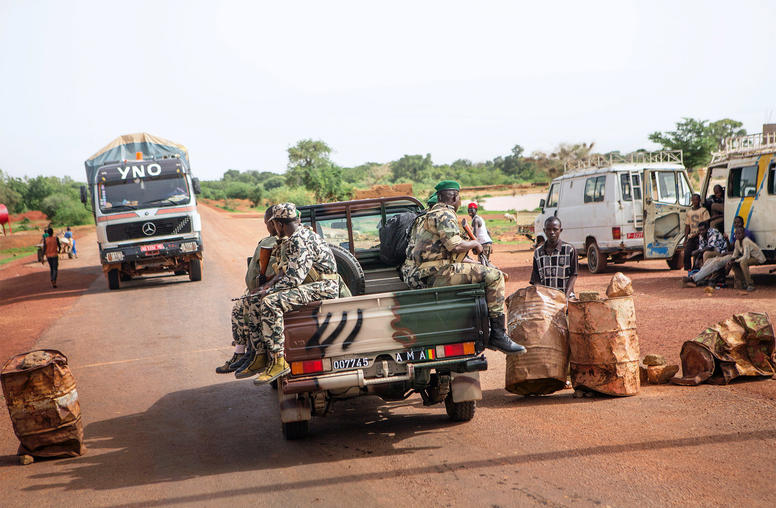
Mali’s Coup: Harbinger of Hope or Uncertainty
Last year was one of the most dramatic years of nonviolent action in recent memory, with millions taking to the streets to push for greater economic equality, democratic representation, and social justice. Some of the most dramatic uprisings took place in Africa, where longstanding repressive political regimes were forced from power in Sudan and Algeria, and protests over fuel prices in Zimbabwe led to a government crackdown. The recent almost entirely bloodless coup Mali, in which soldiers abducted President Ibrahim Boubacar Keita and forced him to resign capped a similar uprising, but is complicated by the role of the military in the president’s ouster and the COVID-19 pandemic.

It’s Time for the U.S. To Rethink North Korea Policy
A little over a year ago, U.S. President Donald J. Trump’s third meeting with North Korean leader Kim Jong Un was making headlines as much for its historic nature—it was the first time that a sitting U.S. president had set foot in North Korea—as for what it represented about the lack of progress in U.S.-North Korea relations. The next U.S. administration, whether it is led by Trump or former Vice President Joseph Biden, will face a more emboldened regime in Pyongyang and, according to experts, must rethink past failed strategies for dealing with this challenge.
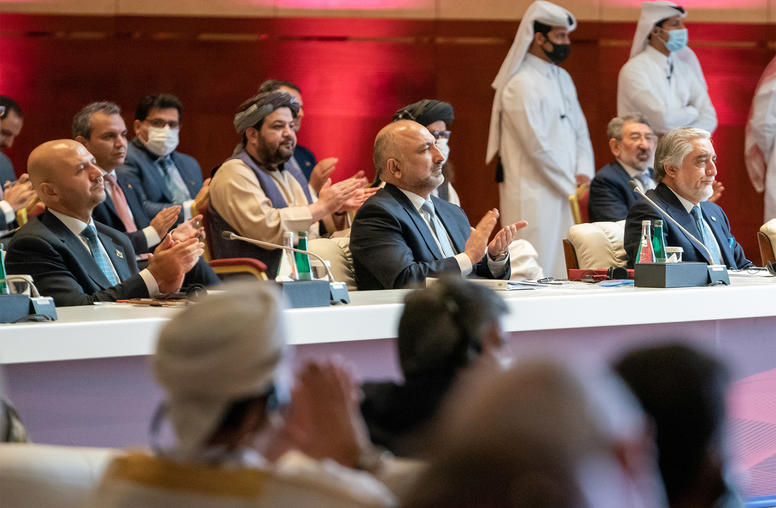
Five Things to Know About the Afghan Peace Talks
The intra-Afghan negotiations that began on Saturday represent a watershed moment in the war: the first direct, official talks between the Taliban and the Afghan government. These historic talks commenced 19 years and one day after al-Qaida's 9/11 terrorist attacks drew the United States into Afghanistan's civil war. Just getting the Afghan government and the Afghan Taliban to the table is an accomplishment. The main reason the talks materialized is the U.S.-Taliban agreement signed in February of this year; that agreement delivered a timetable for the eventual withdrawal of foreign troops, which met the Taliban’s years-long precondition for opening talks with the Afghan government.
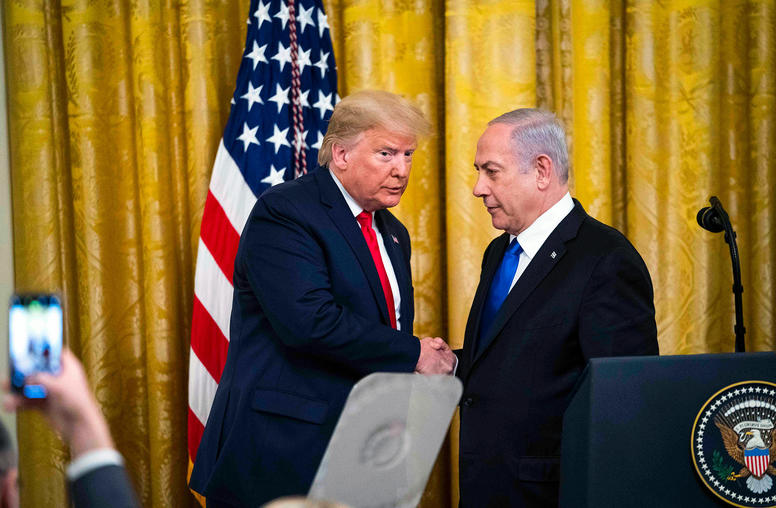
The Collapsing Foundation for Israeli-Palestinian Peace
The diplomatic agreements being signed this week among the United Arab Emirates, Bahrain and Israel present formidable challenges to the long-standing paradigm for peacemaking in the Israeli-Palestinian conflict and are yet to provide a viable substitute. While final contours of the agreements remain to unfold, their approach undermines the paradigm of providing an incentive for Israel to accept Palestinian self-determination as part of normalized relations with its Arab neighbors. With the Israeli-Palestinian divide wider now than any time since 1967, the erosion of these cornerstones for peacemaking is a precursor for an eventual new crisis.
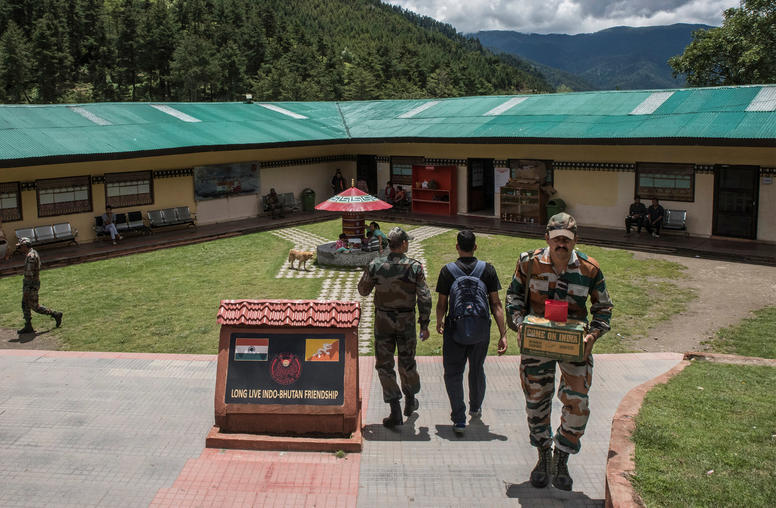
Prospects for Crisis Management on the China-India Border
After a deadly skirmish in June and shots fired in September, Sino-Indian tensions have escalated to a level not seen in decades. Both countries’ foreign ministers recently agreed to a five-point framework to manage the situation, showing both sides want tensions to plateau rather than deteriorate further. But the Line of Actual Control (LAC) will not easily go back to a well-managed bilateral irritant—right now, it’s a dangerous flashpoint and likely to stay that way. USIP’s Vikram Singh and Patricia Kim look at the recent discussions, what’s driving the escalation, how the conflict affects the region, and what history can tell us about how it might be resolved.
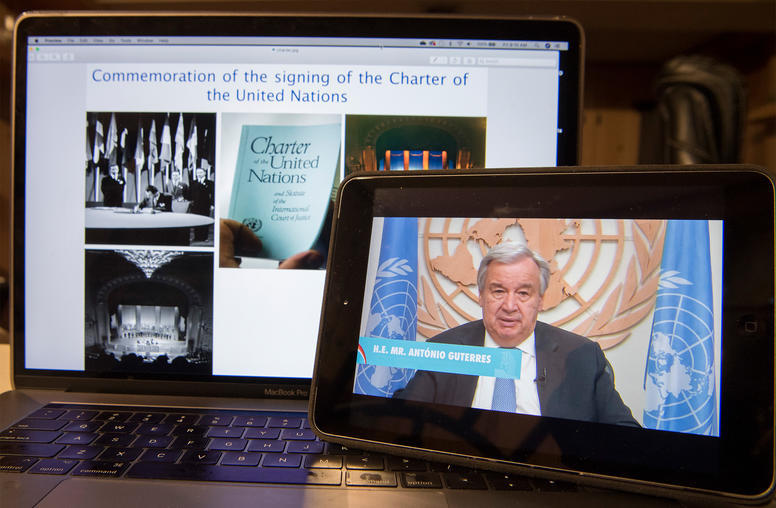
Six Things to Watch at the U.N. General Assembly
This year’s United Nations General Assembly (UNGA) meeting, happening against the backdrop of the 75th anniversary of the U.N.’s founding, was supposed to be a major milestone—a moment for world leaders to reflect on the organization’s pursuit of peaceful international cooperation since the devastation of World War II, and to consider how the multilateral system should evolve to tackle the 21st century’s biggest challenges. Instead, the COVID-19 pandemic has upended the traditional in-person gathering at the U.N.’s headquarters in New York City. This UNGA will be a much more muted affair, with participants using the same videoconferencing technology to which we have all become accustomed in 2020. But the challenges facing the international system are as pressing and complicated as ever. As UNGA goes virtual, here are six issues to watch.
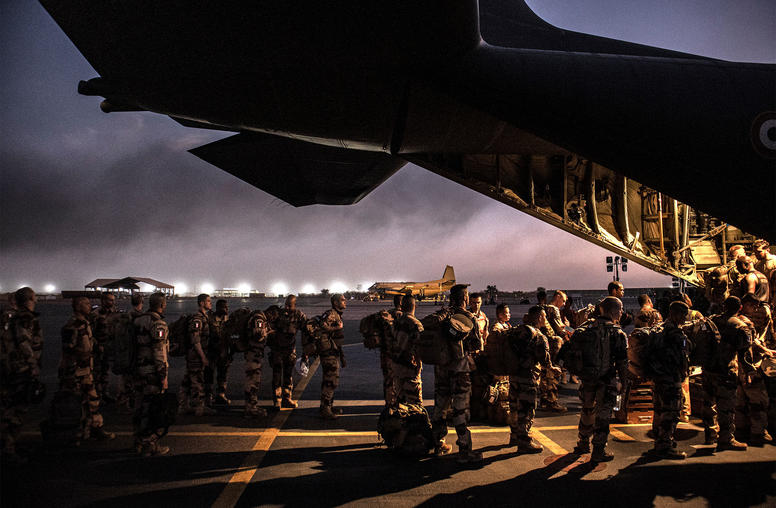
How International Security Support Contributed to Mali’s Coup
Since a 2012 coup, Mali has received significant security assistance from United States, France, the European Union and other foreign donors to address violent extremism and insurgency and help stabilize the country. In the wake of the August military coup, it is clear that strategy has backfired—and that, in fact, the failure of international security sector assistance to prioritize governance likely contributed to the conditions that led to the coup.
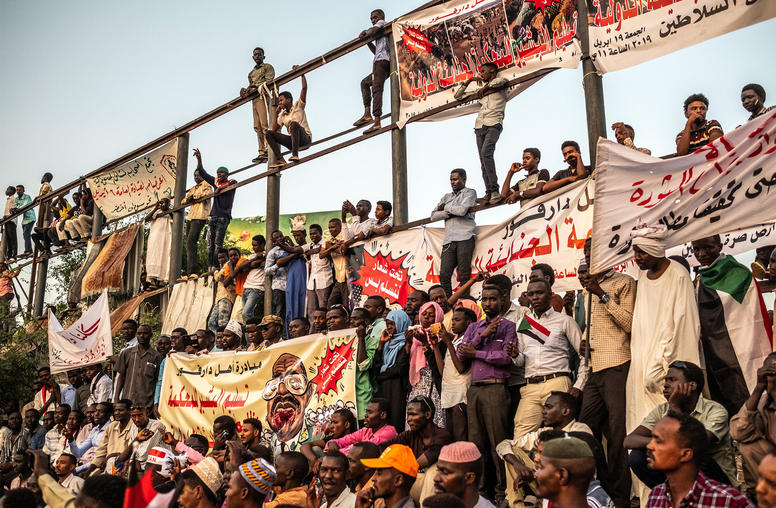
Normalizing Sudan-Israel Relations Now is a Dangerous Game
With the UAE and Bahrain having joined Egypt and Jordan in declaring peace with Israel, those asking “who’s next?” often look enthusiastically westward, toward Khartoum. Adding new chapters to the Abraham Accords is in the U.S. interest, but so is a successful transition in Sudan. And the sequence of these steps is critical. A unified Sudanese government with a popular mandate will be better able to forge a warm and sustainable peace with Israel, whereas a rushed Israeli-Sudanese agreement has the potential to unravel Sudan’s transition and generate renewed support for Sudan’s Islamists and their foreign backers.
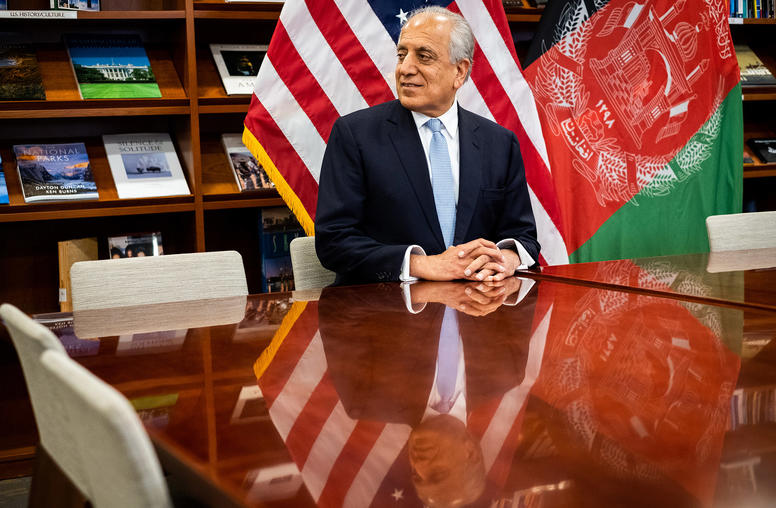
Afghan Talks Are Historic Chance for Peace, Says Top U.S. Negotiator
Afghan peace talks that began in Doha on September 12 are a “historic opportunity” that could bring a close to four decades of conflict in the country and end America’s longest war, said the U.S. special representative for Afghanistan reconciliation on Thursday. The ongoing talks are the “heart of the Afghan peace process,” said Ambassador Zalmay Khalilzad. “It's important to be fully aware of the significance of this moment, and to recognize its historic relevance.” With a note of a cautious optimism, he said there is hope but still a long road ahead, with many thorny issues to be negotiated.
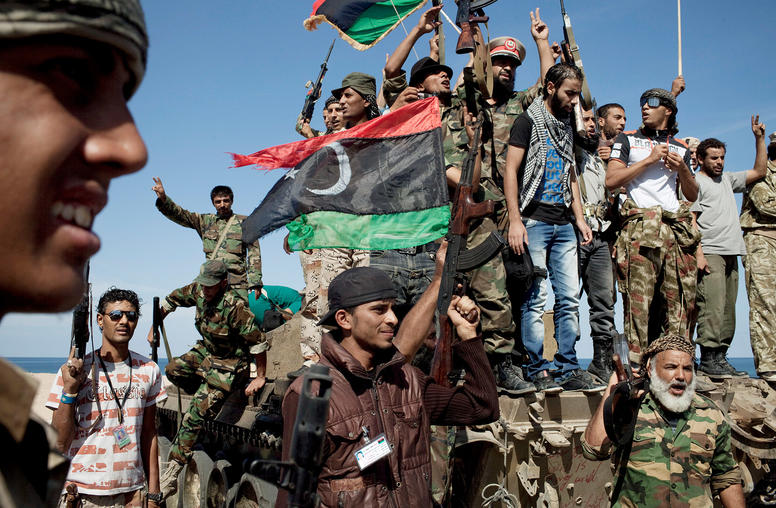
Oil Blockades, Protests and Resignations: The Latest on Libya’s Conflict
As global and regional players jockey for influence, international efforts to resolve the conflict remain stymied and ineffective. Meanwhile, Libya’s vast oil reserves—which provided a decent standard of living for many Libyans prior to 2011—have been under blockade, devasting the economy and livelihoods and leading to mounting frustration among Libyans. Further muddying the waters, the prime minister of the U.N.-backed Government of National Accord (GNA), Fayez al-Sarraj, announced he would step down in October and transfer power to a new administration.